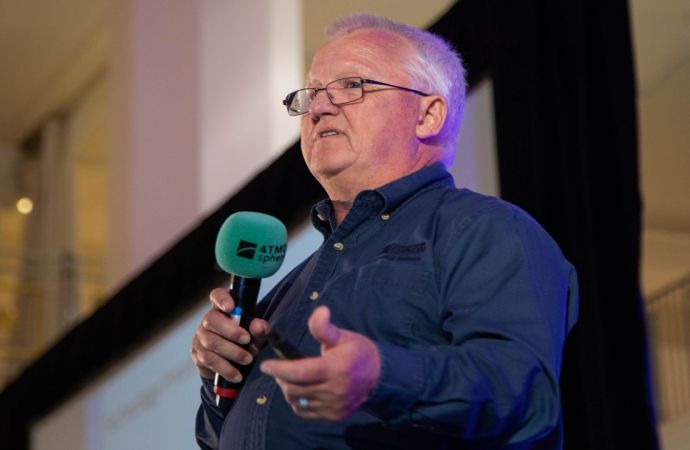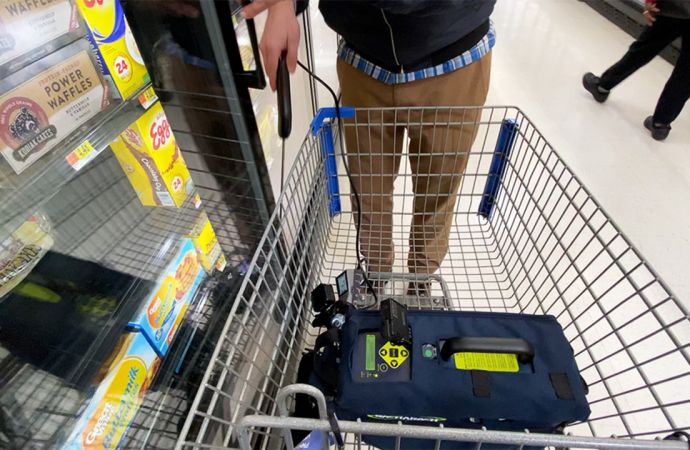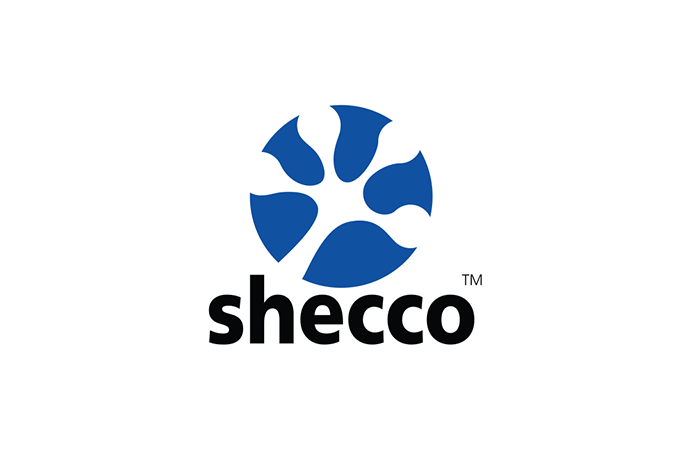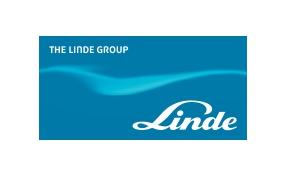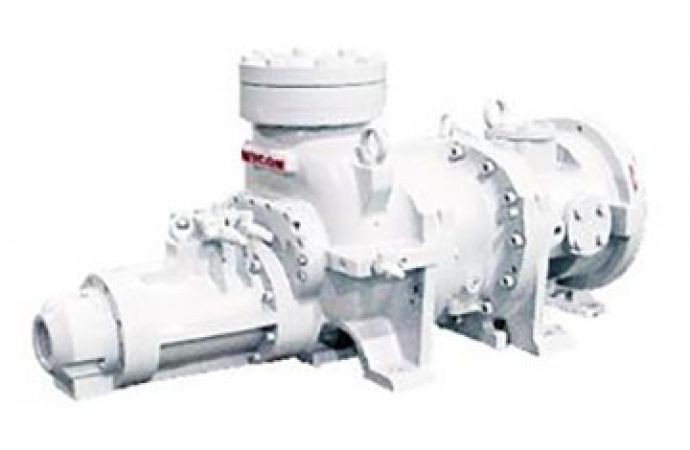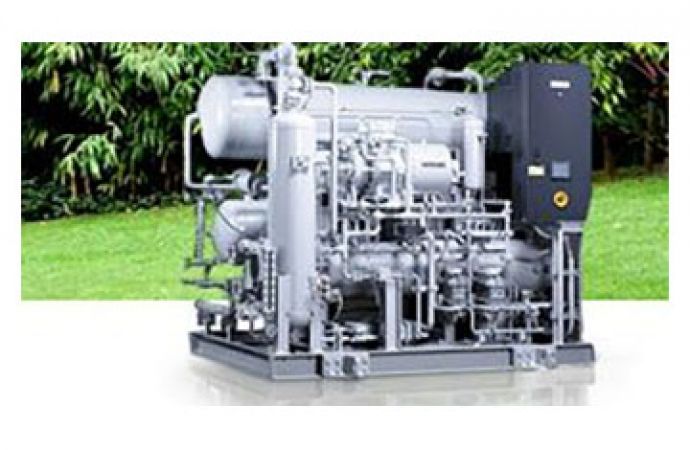The launch of the long-awaited proposal to strengthen the existing EU F-Gas Regulation coincided with the ATMOsphere Europe 2012 conference, where 200 participants had the “world exclusive" privilege of the European Commission (EC) presenting the proposal to industry for the first time after publication. Switzerland will soon be announcing its strengthened F-Gas policy, introducing HFC bans in a series of air-conditioning and refrigeration applications, according to a presentation at

The policy session at the ATMOsphere Europe conference in Brussels, held 5-7 November 2012, featured high-level speakers from the European Commission (EC), including EU Commissioner for Climate Action Ms Connie Hedegaard as well as regulators from European countries. Representatives from Denmark, Germany and Switzerland gave an update on EU and national policies that encourage the transition towards HFC-free HVAC&R technologies.
Proposal to strengthen EU F-Gas Regulation has HFC phase-down as its backbone
On 7 November 2012, Ms Bente Tranholm-Schwarz from the European Commission (EC) presented the EC proposal to strengthen EU F-Gas Regulation to about 200 participants.
The backbone of the proposal is a 79% phase-down target by 2030 in CO2eq applicable to all HFC producers and importers of at least 1,000 tonnes CO2eq. It encompasses a gradually declining “cap” on bulk HFCs placed on EU market with a freeze in 2015, first reduction step in 2016 and reaching 21% of average levels of tonnes CO2eq sold in 2008-2011 by 2030.
The phase-down schedule is supplemented by bans on HFCs with GWP ≥ 150 in few selected sectors, namely in new:
Other measures include a ban on servicing existing refrigeration equipment containing more than 5 tonnes CO2eq with very high-GWP HFCs (2,500 GWP threshold), a ban on pre-charging non hermetically-sealed equipment, as well as a requirement for training and certification programmes to cover also HFC replacement technologies such as natural refrigerants.
EU Climate Commissioner: “Acting now will put EU industry in a first-mover position”
In a keynote speech on 6 November 2012, EU Climate Commissioner Ms Hedegaard noted that “acting now will put EU industry in a first-mover position and many of you are living proof of this. […] Some Member States, I know, have already demonstrated that pioneering legislation in this field not only benefits the climate, but clearly also the first movers”.
“Acting now will add momentum to the international scene”, she added.
Ms Hedegaard expressed the hope that EU Member States at the Council of the EU as well as the European Parliament who will be considering the proposal in the coming months give “a high priority” to the revision of the F-Gas Regulation, and called on the industry to push in that direction.
The revised Swiss F-Gas regulation
Mr. Blaise Horisberger, Senior Policy Advisor for the Swiss Federal Office for the Environment, presented the main elements of the new Swiss regulation on fluorinated greenhouse gases, which has just been amended after 9 years of implementation.
The existing mandatory authorisation scheme for new AC&R installations with 3kg of f-gases or more is being replaced by a ban of placing on the market (certain exemptions can be granted case by case) for the following stationary systems using f-gas refrigerants:
a. Air conditioning systems for:
1. cooling with a cooling capacity of more than 600 kW,
2. cooling and heating by means of variable refrigerant flow (VRF) or variable refrigerant volume (VRV) systems with more than 40 evaporator units and a cooling capacity of more than 80 kW,
3. for local and district heating by heat pump with a cooling capacity of more than 600 kW;
b. Commercial refrigeration systems for:
1. minus cooling with a cooling capacity of more than 30 kW,
2. plus cooling with a cooling capacity of more than 40 kW;
3. combined plus and minus cooling with a cooling capacity of more than 40 kW for plus cooling and 8 kW for minus cooling;
c. Industrial refrigeration systems for:
1. deep freezing with a cooling capacity of more than 100 kW,
2. all other applications with a cooling capacity of more than 400 kW;
d. Ice rinks, except for temporary systems
The presenter explained that the past mandatory authorisation scheme has allowed the natural refrigerants to better penetrate the Swiss market in such a way that the refrigeration industry can optimally cover the cooling/ heating needs in these sectors with technologies using natural refrigerants.
Proposal to strengthen EU F-Gas Regulation has HFC phase-down as its backbone
On 7 November 2012, Ms Bente Tranholm-Schwarz from the European Commission (EC) presented the EC proposal to strengthen EU F-Gas Regulation to about 200 participants.
The backbone of the proposal is a 79% phase-down target by 2030 in CO2eq applicable to all HFC producers and importers of at least 1,000 tonnes CO2eq. It encompasses a gradually declining “cap” on bulk HFCs placed on EU market with a freeze in 2015, first reduction step in 2016 and reaching 21% of average levels of tonnes CO2eq sold in 2008-2011 by 2030.
The phase-down schedule is supplemented by bans on HFCs with GWP ≥ 150 in few selected sectors, namely in new:
- domestic refrigeration equipment,
- hermetically-sealed refrigeration equipment for commercial use;
- movable air conditioning equipment
Other measures include a ban on servicing existing refrigeration equipment containing more than 5 tonnes CO2eq with very high-GWP HFCs (2,500 GWP threshold), a ban on pre-charging non hermetically-sealed equipment, as well as a requirement for training and certification programmes to cover also HFC replacement technologies such as natural refrigerants.
EU Climate Commissioner: “Acting now will put EU industry in a first-mover position”
In a keynote speech on 6 November 2012, EU Climate Commissioner Ms Hedegaard noted that “acting now will put EU industry in a first-mover position and many of you are living proof of this. […] Some Member States, I know, have already demonstrated that pioneering legislation in this field not only benefits the climate, but clearly also the first movers”.
“Acting now will add momentum to the international scene”, she added.
Ms Hedegaard expressed the hope that EU Member States at the Council of the EU as well as the European Parliament who will be considering the proposal in the coming months give “a high priority” to the revision of the F-Gas Regulation, and called on the industry to push in that direction.
The revised Swiss F-Gas regulation
Mr. Blaise Horisberger, Senior Policy Advisor for the Swiss Federal Office for the Environment, presented the main elements of the new Swiss regulation on fluorinated greenhouse gases, which has just been amended after 9 years of implementation.
The existing mandatory authorisation scheme for new AC&R installations with 3kg of f-gases or more is being replaced by a ban of placing on the market (certain exemptions can be granted case by case) for the following stationary systems using f-gas refrigerants:
a. Air conditioning systems for:
1. cooling with a cooling capacity of more than 600 kW,
2. cooling and heating by means of variable refrigerant flow (VRF) or variable refrigerant volume (VRV) systems with more than 40 evaporator units and a cooling capacity of more than 80 kW,
3. for local and district heating by heat pump with a cooling capacity of more than 600 kW;
b. Commercial refrigeration systems for:
1. minus cooling with a cooling capacity of more than 30 kW,
2. plus cooling with a cooling capacity of more than 40 kW;
3. combined plus and minus cooling with a cooling capacity of more than 40 kW for plus cooling and 8 kW for minus cooling;
c. Industrial refrigeration systems for:
1. deep freezing with a cooling capacity of more than 100 kW,
2. all other applications with a cooling capacity of more than 400 kW;
d. Ice rinks, except for temporary systems
The presenter explained that the past mandatory authorisation scheme has allowed the natural refrigerants to better penetrate the Swiss market in such a way that the refrigeration industry can optimally cover the cooling/ heating needs in these sectors with technologies using natural refrigerants.
MORE INFORMATION
Related stories

